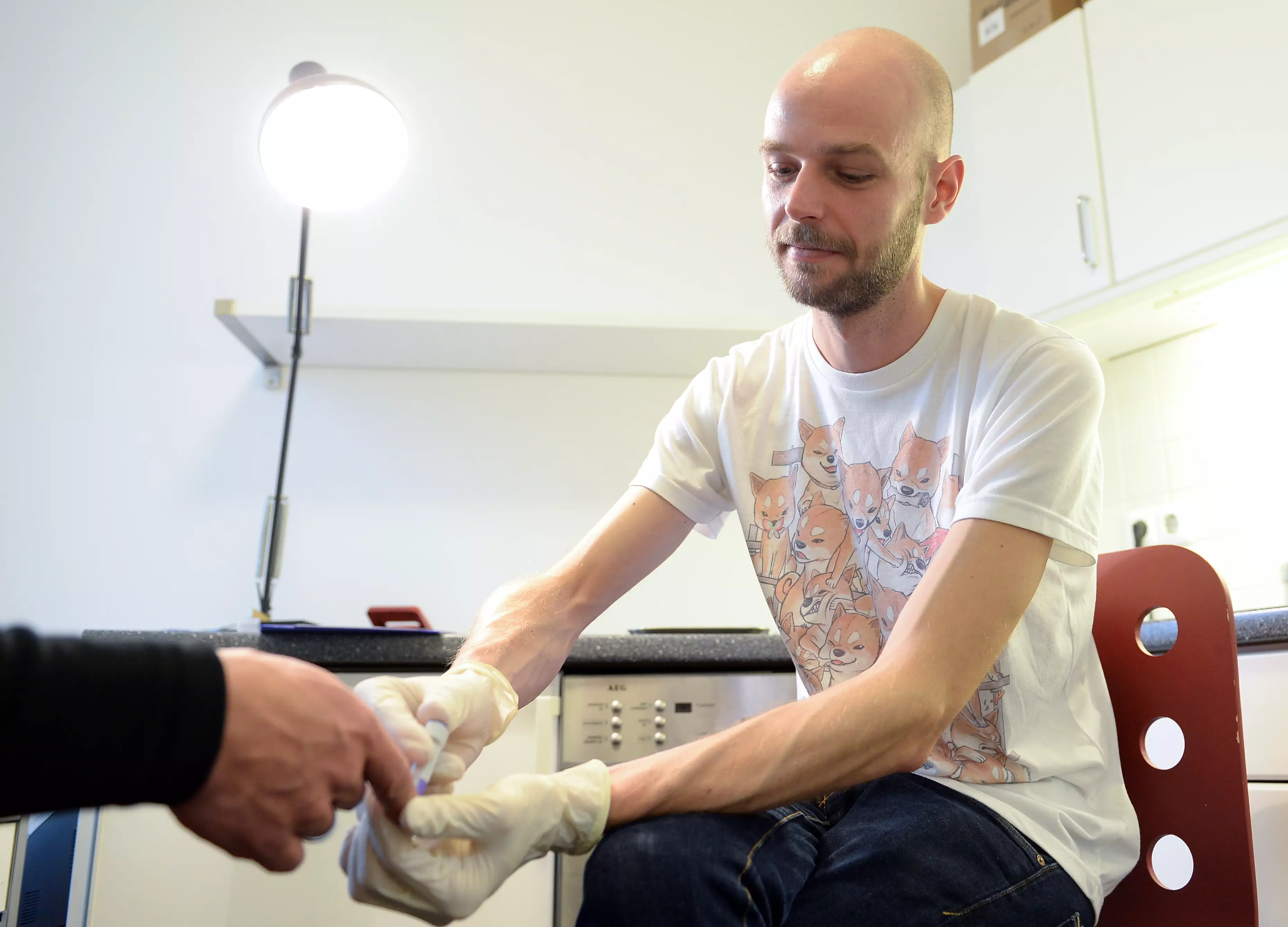
Experts are warning the rise of gonorrhoea is 'fairly grim', as it is becoming much harder to treat. There have been three cases in Japan, France and Spain where the sexually-transmitted infection was untreatable.
The STI continues to build up a resistance to a variety of antibiotics and there are very few medicines on the horizon. There are reportedly only three drug candidates waiting for approval.
About 78 million people contract gonorrhoea every year, but women are at a much higher risk.

Credit: Center for Disease Control
The National Institute of Allergy and Infectious Diseases says men have a 20 percent chance of getting the infection from a 'single act of vaginal intercourse with an infected woman', but women have a 60-80 percent risk of developing the STI with an infected man.
Advert
A person can get gonorrhoea in their genitals, rectum and throat, but the last category is the one that is most concerning doctors. Developing gonorrhoea in the throat comes performing oral sex on an infected man or woman.
Dr Teodora Wi, from the World Health Organisation, has told the BBC: "When you use antibiotics to treat infections like a normal sore throat, this mixes with the Neisseria species in your throat and this results in resistance.
"Gonorrhoea is a very smart bug - every time you introduce a new class of antibiotics to treat gonorrhoea, the bug becomes resistant."
Advert
A study published in 2010 mentions that the usual drugs to treat the infection - penicillin, tetracycline and fluoroquinolones - have stopped being recommended because they're thought to no longer be effective.
One of the main problems with the infection is that 50 percent of women who contract the genital version of the STI do not show any symptoms. For the women who do experience signs, vaginal discharge, lower abdominal pain or pain during sex may be encountered. Men will usually have a burning sensation during urination as well as discharge.

Doctors recommend regular STI testing. Credit: PA
For gonorrhoea of the throat, 90 percent of men and women will not display any symptoms, with the remaining 10 percent only getting a sore throat. Left untreated, the gonorrhoea can spread to joints or heart valves as well as causing partial or complete infertility in both men and women.
Doctors say the best way to avoid contracting the infection is to always use condoms as well as getting regularly tested.
Advert
The British Association for Sexual Health and HIV alerted the UK's sexual health clinics in September 2015 about the rise of 'super-gonorrhoea'. Public Health England (PHE) acknowledged last year the STI is being contained, but only to 'limited success'.
It was first detected in Leeds but has now spread further across the North of England, with cases being reported in patients from Macclesfield, Oldham and Scunthorpe.
Featured Image Credit: PA